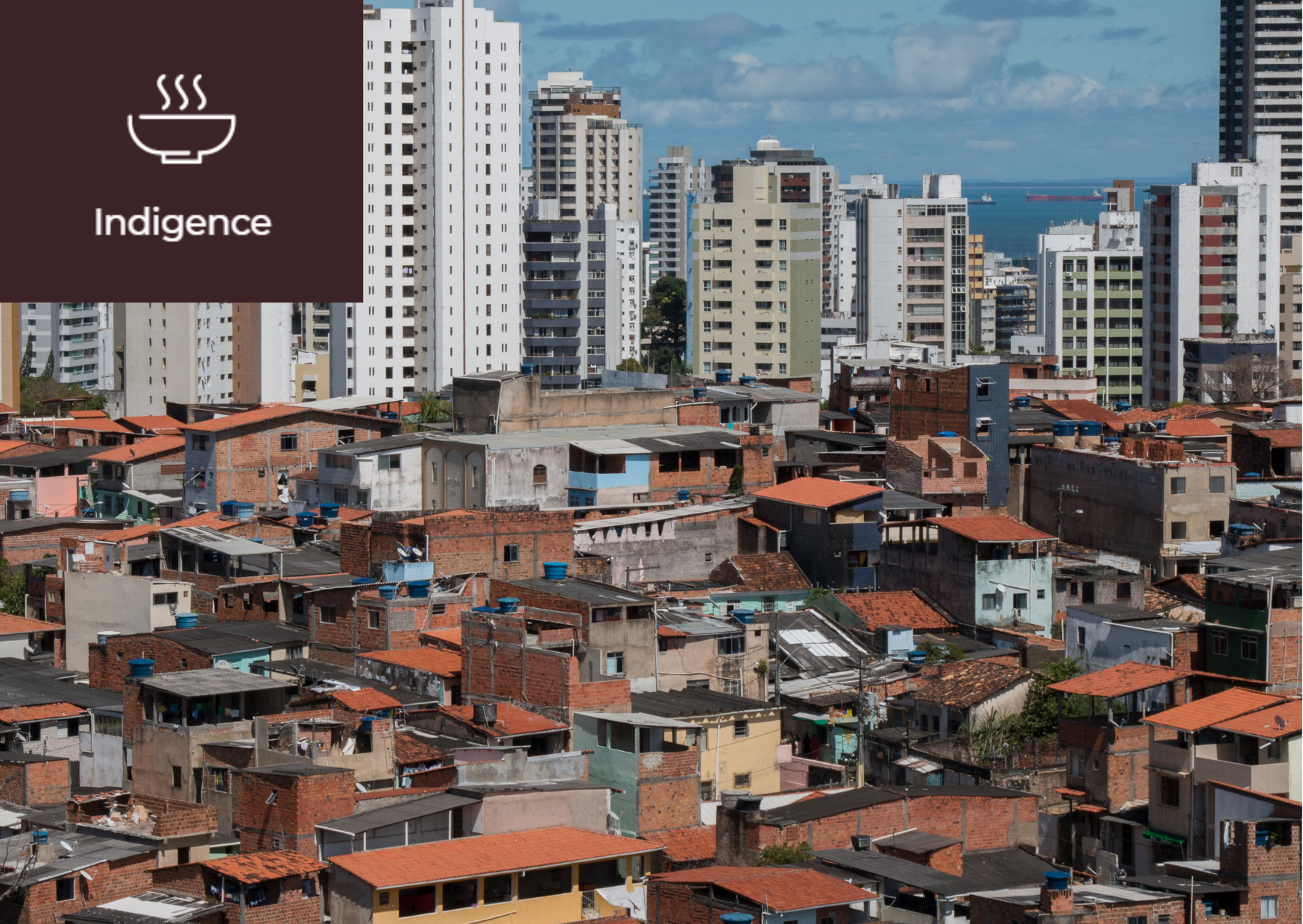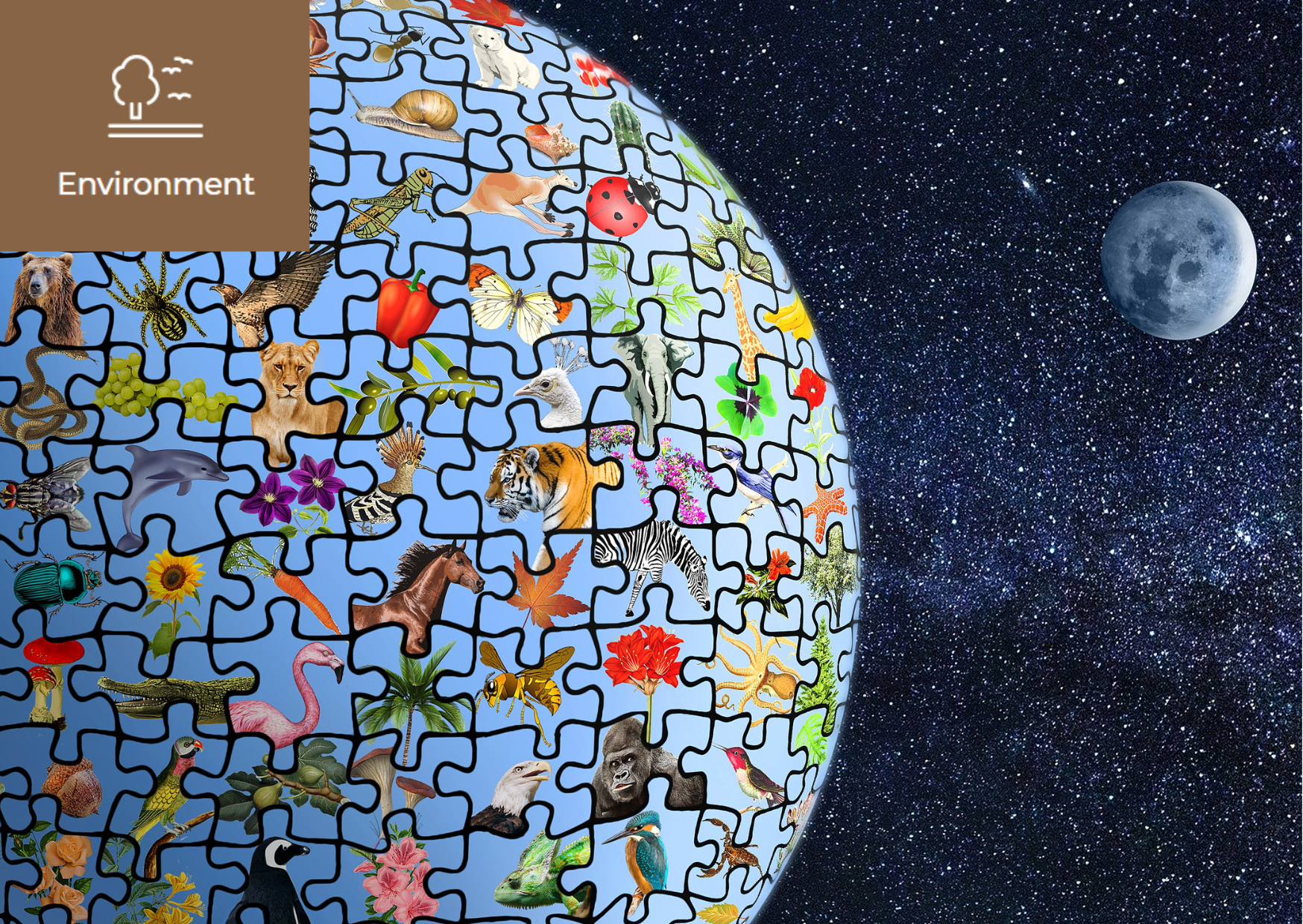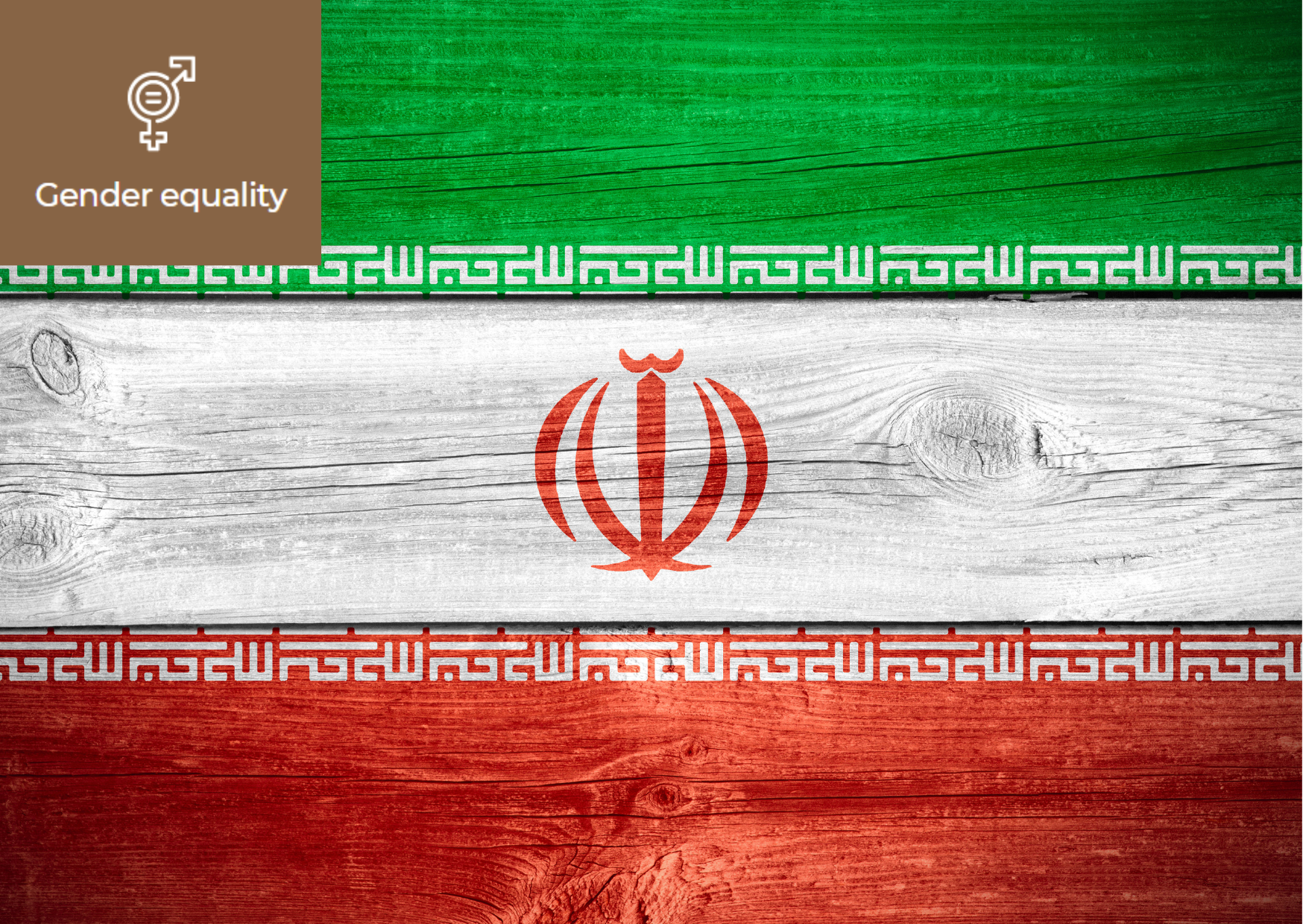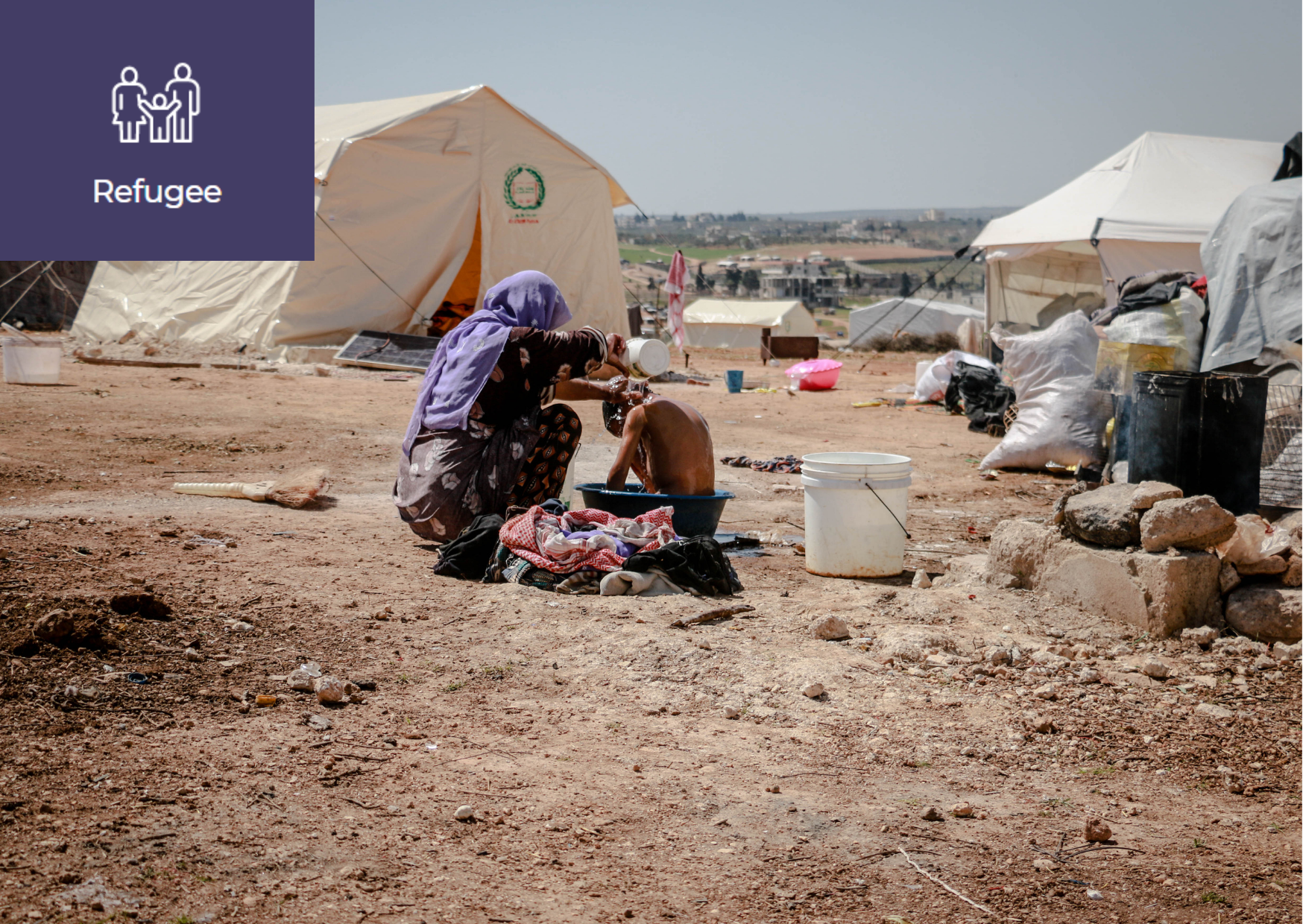What is Geoeconomic Confrontation?
Did You Know That “Geoeconomic Confrontation” Was Ranked the World’s Top Risk for 2026 by the World Economic Forum (WEF)?Through the lens of Apple’s supply chain and the insights of leading economists, we explore what it means to live in an era where economics has become weaponized.—
When Tariffs Become BulletsThe Moment Economic News Turns into Security News
— Have you ever had this experience while watching the news lately?You expect to see tanks when they mention “war,”but the first words you hear are:TariffsSanctionsExport controlsSupply chains…Wait a second.Aren’t these supposed to be economic terms?And yet, now they appear in diplomatic statements, national security briefings, and even in CEO interviews.In short, we’re witnessing the moment when economic news becomes security news.Recently, the World Economic Forum (WEF) identified “Geoeconomic Confrontation” as the top short-term global risk in its 2026 Global Risks Report.This means that geoeconomic tensions have evolved beyond mere trade disputes they represent a defining crisis of our era.—
What Is Geoeconomic Confrontation?Why Economic Security Has Become the Core of National Strategy
— The term “Geo-economics” may sound a bit unfamiliar, but its meaning is simpler than it seems.• Geo — geography, nations, borders, spheres of influence• Economics — trade, resources, industry, and financePut together, geo-economics describes how nations use their economies as tools of geopolitical power.It’s when money no longer moves simply by market logic, but by strategic calculations of territory, alliance, and dominance.So, geoeconomic confrontation means this geo-economic game has entered a collision phase — an open struggle for economic influence.In the past:• Tariffs were dials for adjusting economic cycles.Now:• Tariffs have become checkpoints and even weapons to block competitors.And at these new economic borders, the message sounds something like:“You can come this far—no further.”“If you want access, pay the price.”“We make the rules here.”From this moment on, the global economy ceases to be a neutral marketplace.It becomes a language of power—a means for nations to restrain, threaten, and defend against one another.Today’s world no longer fires bullets first, it cuts off parts and resources instead.And the iPhone offers one of the clearest examples.In the past, Apple pursued only maximum efficiency — designing in the U.S., assembling in China.But as geoeconomic confrontation intensified, that old formula began to crumble.When the U.S. restricted exports of advanced semiconductors to China, China retaliated by limiting iPhone use among government officials.As a result, Apple launched a massive relocation effort shifting parts of its long-established Chinese supply chain to India and Vietnam.This was not merely a business decision.It was driven by the new fear of economic insecurity, the realization that if you’re not on “our side,” access to critical components or markets can be cut off at any moment.In short, the iPhone’s shifting “nationality” symbolizes a world where economic security now defines global power.—
Why Did the WEF Name “Geoeconomic Confrontation” the Top Risk for 2026?The Normalization of Fragmented Supply Chains— In its latest report, the World Economic Forum (WEF) stated bluntly:“Geoeconomic confrontation emerges as the top risk for the year.”Why did WEF rank it as the number one global risk for 2026?The key word is normalization.What used to be emergency measures—sanctions, export controls, and trade restrictions—have now become the default language of diplomacy."We have entered an era where trade policy is no longer about mutual prosperity but about relative power. Weaponized economics has moved from an emergency measure to a permanent strategic tool.”— World Economic Forum, Global Risks Report 2026The danger of this normalization lies in how fragile the economy becomes once it stops moving.Geoeconomic conflicts don’t explode—they strangle economies quietly, by cutting off the flow of goods, capital, and trust.WEF’s Scenario Highlights Include:• Port blockades• Export restrictions on key commodities• Contract terminations• Capital controlsSo what does it mean when “the economy becomes a weapon” in our daily lives?Once, trade worked like this:“If the price is right, we buy.”“If we sign the contract, we deliver.”“If you pay, you receive.”But in an age of geoeconomic crisis, the language has shifted:“We don’t sell to that country.”“That technology requires special approval.”“That component must be stopped.”When market logic shifts from price to permission, economics becomes security.From that moment on, everything from semiconductors and batteries to rare earths and energy is no longer just business news—it becomes a coordinate point on a strategic map, where nations maneuver for power and survival.—
The Speed of an Economic War That Erupts Eight Times a Day— Citing data from Global Trade Alert, the World Economic Forum (WEF) reported that the number of harmful new trade and industrial policy interventions has surged from• about 600 cases in 2017• more than 3,000 cases annually between 2022 and 2024.That’s roughly eight interventions every single day —meaning the world is effectively telling one another, day after day:—
The U.S.–China Tariff War and Economic SecurityWhen a Tool for Prosperity Becomes a Weapon of Weakening
— What is economic policy really for?Originally, it was designed to drive growth, create jobs, and stabilize lives.But when geoeconomic confrontation goes unchecked, the economy ceases to be a tool for prosperity — it hardens into a weapon to weaken others.When distrust becomes the default, policy begins to look like this:1. Restructuring supply chains — shifting production not to the cheapest, but to the allied side.2. Rising costs — as relocation and resource competition drive inflation higher.3. Everyday instability — when one country’s tariff shakes the dinner tables of another’s most vulnerable citizens.When costs rise, it means someone’s cost of living rises.And it is always the most fragile communities whose daily lives are hit first.That is why geoeconomic confrontation is not merely an economic issue.It is, at its core, a peace issue.—
Why Has the Weaponization of Economics Become Reality So Quickly?Because It’s “Cost-Effective”
— Here lies a sobering truth.Waging a military war is expensive. It requires justification, global diplomacy, and public support.But economic warfare is different.• A tariff can be imposed with a single announcement.• A sanction needs only a signed document.• An export control can be executed with the click of an approval button.In other words, economic measures deliver immediate impact at lower cost than armed conflict.That is why they are used more frequently and the more they are used, the more normalized they become.This is what “permanent geoeconomic confrontation” looks like.Renowned scholar Anthea Roberts, in her book Six Faces of Globalization, captures this reality with piercing clarity:“Economic weapons are ‘cleaner’ and ‘cheaper’ than military force, which makes them a tempting first resort for leaders.This creates a ‘tit-for-tat’ cycle where retaliation becomes the new normal, narrowing the space for diplomatic compromise.”— Anthea Roberts & Nicolas Lamp, Six Faces of GlobalizationBecause economic warfare invites automatic retaliation, it never truly ends.Each act of restriction triggers a countermeasure, and every countermeasure justifies stronger ones in return.As the space for negotiation shrinks,what remains is a world locked in a state of permanent economic warfare.—
Geoeconomic Confrontation Is a Question of Peace
— In our time, peace is no longer simply the absence of gunfire. It is the condition in which citizens can predict tomorrow, build families, study, work, and plan their lives.That stability itself is peace.So what must we do?• Governments and Corporations:Design critical industries not solely for efficiency, but with resilience—creating buffers that can withstand future shocks.• The International Community:Ensure that economic weapons are bound by transparent standards and accountability, so they remain limited tools, not default strategies.• Citizens:Be vigilant when fear turns into anger.A society that easily labels others as enemies and cuts off dialogue is the one that collapses first when an external crisis hits.In this era, the most vital strength is not in amassing more weapons, but in preserving islands of cooperation amid conflict.As the World Economic Forum (WEF) notes, dialogue is no longer decoration, it is a strategic capability.And that capability, ultimately, is what keeps people from giving up on tomorrow.In the age of eoeconomic confrontation, the peace we must protect is not the opposite of war.It is the sustainability of life itself.Written by Sharon ChoiDirector of PlanningSunhak Peace Prize SecretariatReferences & Sources :[Global Risks / Geoeconomic Confrontation]• World Economic Forum. Global Risks Report 2026: Geopolitical and Economic Risks Rise in New Age of Competition, 2026-01-14 • World Economic Forum.The Global Risks Report 2026 (Digest)[Trade and Industrial Policy Intervention Data]• World Economic Forum.Navigating Global Trade in a Highly Uncertain Environment, 2025-01-29 • Global Trade Alert.Global Trade Alert (Policy Monitoring Platform) [Geoeconomic Theories and Scholarly References]• Anthea Roberts & Nicolas Lamp.Six Faces of Globalization: Who Wins, Who Loses, and Why It Matters, 2021 : Harvard University Press
10 February 2026
 Report on each nation’s efforts to resolve post-pandemic inequality 12 November 2022
Report on each nation’s efforts to resolve post-pandemic inequality 12 November 2022 Living Planet Report 2022 3 November 2022
Living Planet Report 2022 3 November 2022 Symbol of Health and Human Rights 25 October 2022
Symbol of Health and Human Rights 25 October 2022 Sustainable Tourism 19 October 2022
Sustainable Tourism 19 October 2022 The Return of “King Dollar” and its Effect on Developing Nations 12 October 2022
The Return of “King Dollar” and its Effect on Developing Nations 12 October 2022 Reason for her Death: Improper Hijab 5 October 2022
Reason for her Death: Improper Hijab 5 October 2022 Levying a Tax even on Carbon! 29 September 2022
Levying a Tax even on Carbon! 29 September 2022 One Hundred Million Refugees Around the Globe 21 September 2022
One Hundred Million Refugees Around the Globe 21 September 2022 Global Peace Threatened by the Energy Crisis 14 September 2022
Global Peace Threatened by the Energy Crisis 14 September 2022 We live in the era of the great global extinction 7 September 2022
We live in the era of the great global extinction 7 September 2022 The Horn of Africa suffers its worst drought ever 31 August 2022
The Horn of Africa suffers its worst drought ever 31 August 2022 Are Electric Cars Really Environment-Friendly? 24 August 2022
Are Electric Cars Really Environment-Friendly? 24 August 2022

![[What is Geoeconomic Confrontation?] 이미지](http://sunhakpeaceprize.org/data/bbsData/17706850019.jpg)